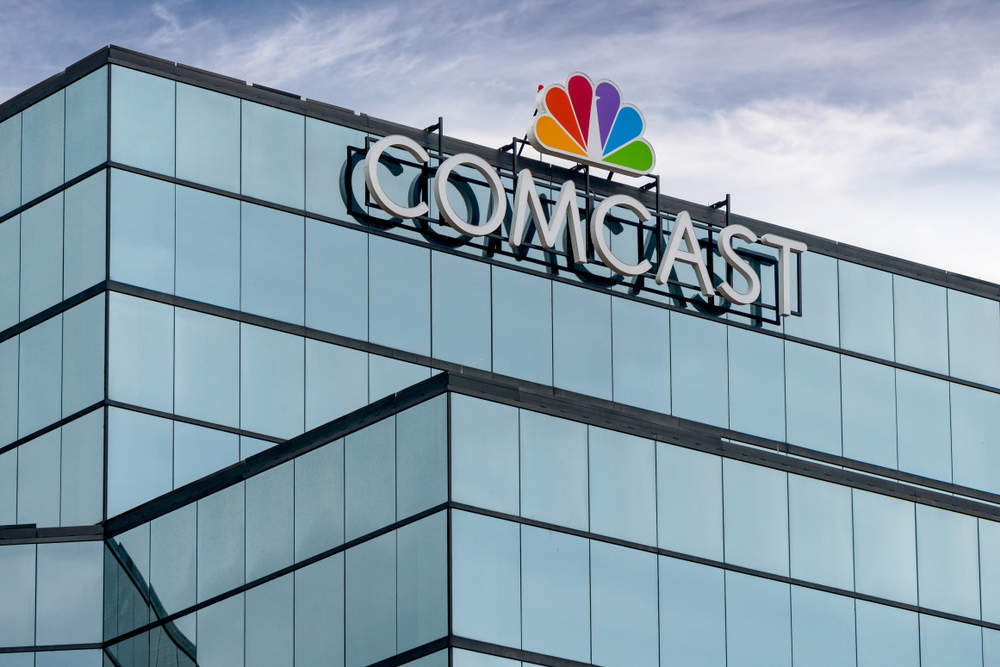Comcast’s recent $39bn winning bid for Sky, and corollary acquisition of Fox’s 39% stake for another $15bn, will take Comcast’s total debt load above $100bn mark.
This is a truly staggering number, one which puts Comcast on its heels against a rising tide of investor concern.
To be fair, Comcast is not alone in the $100bn debt club; fellow US operators AT&T and Verizon beat Comcast to the 12-digit debt club with their own acquisition sprees.
Heavy criticism has been piled on all three companies, but Comcast has faced this trial by debt fire before, with its $30bn acquisition of NBCUniversal in 2011.
Is the Comcast Sky deal debt worth the reward?
So, has Comcast over-reached with Sky, or can it replicate the success it generated with NBCUniversal?
The Sky acquisition gives Comcast a foothold in the high-value European pay-TV and broadband markets.

US Tariffs are shifting - will you react or anticipate?
Don’t let policy changes catch you off guard. Stay proactive with real-time data and expert analysis.
By GlobalDataComcast also gains Sky’s extensive content and content production assets including 100 original series.
Comcast can leverage – redistribute – these content assets more extensively in the US market, further monetising this content and potentially preventing customer churn. Comcast can also export more of its US content assets across the Atlantic, likewise generating additional revenue and profitability.
Customer gain
In terms of customer base, Comcast gains 23 million total Sky customers, which when combined with Comcast’s US customer base (29 million, including both consumer and business subscribers), totals a whopping 52 million.
But with the Sky purchase, Comcast is entering uncharted territory: the European pay-TV market.
Sky’s sizeable pay-TV customer base also consists largely of satellite TV subscribers, which Comcast competes against in the US market.
This incongruence between its US cable network assets and European satellite network assets presents another integration hurdle.
However, over the longer term, Sky’s satellite TV service may decline – as it is in the U.S. market – given increasing availability of wire-line broadband and cellular wireless service expansion.
If this turns out to be the case, Comcast can emulate its US satellite rival, DIRECTV, by offering Sky TV as a direct-to-consumer streaming video service.
Getting back to Sky’s original content assets, Comcast also gains Sky’s existing sports broadcast rights, most notably English Premier League and Formula 1.
Ultimately, these are the “jewels in the crown” in the Sky portfolio, are key to subscriber retention and acquisition
Comcast needed Sky
Arguably, Comcast needed Sky to expand both its customer base and geographic reach, and lock down key content production assets in its efforts to remain one of the top pay-TV and content production companies in the world.
In fact the Sky acquisition may prove critically important to Comcast’s bottom line streaming video providers such as Netflix, Amazon, Hulu, and YouTube continue to churn its US pay-TV customers away in droves.
And while Comcast’s expansion into the European pay-TV market – where cord-cutting is comparatively limited – provides a buffer for its US pay-TV losses, Comcast can concentrate on content production, mirroring AT&T’s strategy with the Time Warner media acquisition.








